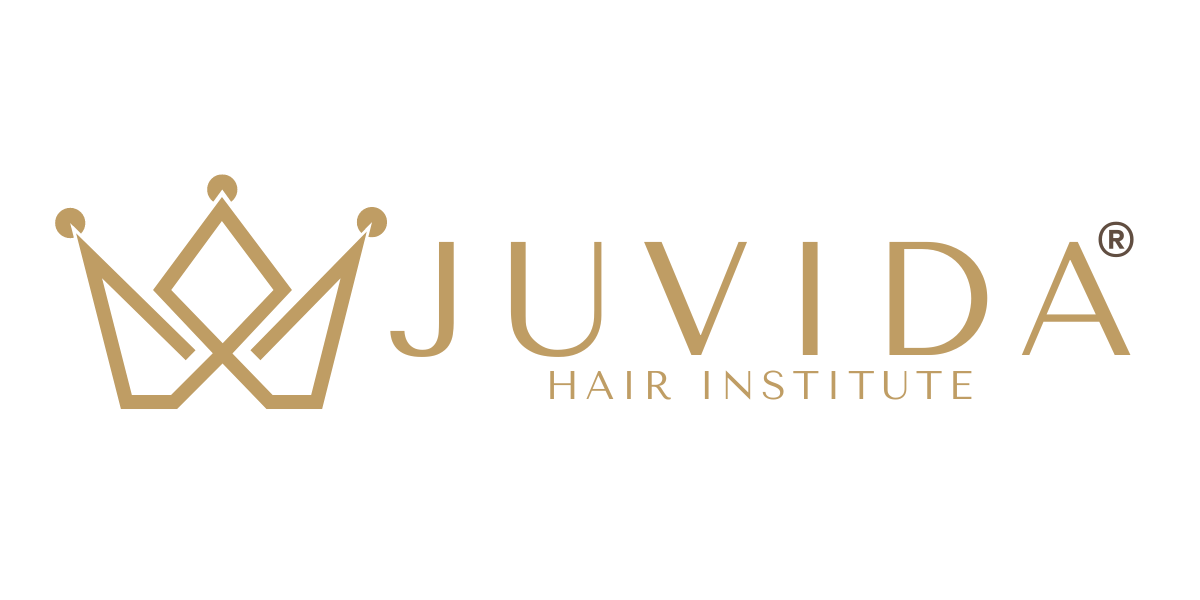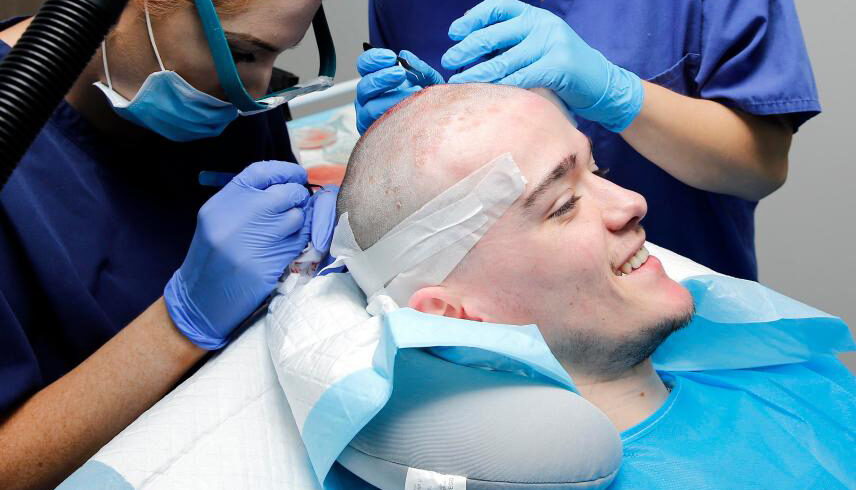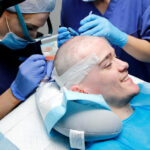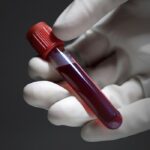Can They Really Cause Hair Loss?
“So I’ve found these new diets…” Most of us, at some point in our lives, have tried to lose weight. Most of us are constantly looking for improvement. Unfortunately, this is fuelled by society, as we live in a world where advertising is king. Every day we are forced to look at pictures of men and women that have the bodies of Gods. They are the body that everyone wants to have, they have the skin of angels and they are most certainly what everyone wishes they could look like.
While we’re not saying there’s anything wrong in striving to be the best version of you that you can be, we are emphasising that there is definitely a wrong way to go about getting there.
See, everyone wants the perfect body, but many people aren’t willing to put the time in to get it, and maintain it. This is what has caused the rise of crash dieting.
Crash diets have many disastrous effects on your body. It can make you slimmer in the short term, but it certainly won’t keep you that way. In fact, crash dieting can make you bigger in the long run, as it lowers your metabolism. As you’ve reduced your calorie intake, your body has adapted to the change, and lowered your metabolism in an effort to preserve your remaining energy. Your body starts storing fats, instead of burning them.
Crash Diets and Telogen Effluvium
When you reduce your calorie intake dramatically, like you would on a crash diet, your body responds by going into a state of shock. This can also cause telogen effluvium, a form of hair loss that occurs when you put your body under too much stress, either physically or emotionally. In this case, your hair loss would be a reaction to the sudden decrease in nutrients in your system.
If you understand the hair loss cycle, you will understand that usually, when you shed hair, a new hair is reproduced in that follicle. Your hair is also formed mainly of protein, and if you are on a crash diet where your hair isn’t getting the amount of protein that it needs, then the hair will fall but no new hair will be reproduced, as your body will use the protein that you do have in your system in order to keep more vital organs going.
“I’m on a crash diet and I still have my hair.” “It won’t affect me.” “I have loads of hair; I’m not going to suffer.” These are the words of most people on a crash diet when you broach the subject of hair loss. That is, until one to two months down the line.
Your body won’t react to the change immediately. Usually, only 10% of your hair is in the resting phase of the hair loss cycle at any one time. This phase can last for around 3 months. So it makes sense that it won’t be until a couple of months after you’ve started your diet that you notice hair fall.
Your body might be looking great, but you’ll get in the shower one day and maybe notice a few more hairs in the bottom of the bath. You might look in the mirror and notice your scalp is more visible, or your hair looks finer.
You’ll probably notice that you’re more tired than usual too. These crash diets are really starting to take their toll. You decide it’s time to stop dieting and go back to eating normally. But what was normal before isn’t now, as your metabolism is lower. So the food you used to eat makes you put on more weight that you would’ve done because your metabolism takes longer to burn off all of the extra calories.
Fortunately, the effects of this process can usually be reversed. If you want to lose weight, please do so in a healthy manner. Don’t cut out certain food groups, and don’t restrict your calorie intake too much. Instead of only consuming 500 calories a day, try consuming 500 less calories than you’d normally consume. Focus on maintaining a balanced diet. Eat wholegrain carbohydrates and increase your protein intake. Eat vegetables instead of consuming too much fat and sugar. Simple, small changes make the most difference.
What about my hair loss now that I’ve already done the damage?
Well usually, telogen effluvium is reversible, and eventually your hair will start to grow back. However, this takes time, and it’s not guaranteed to grow back as thick and as healthy as before.
If you are concerned about hair loss or hair thinning, and wish you could get your healthy, thick head of hair back, then come in and speak to us here at JUVIDA. We can give friendly advice on what course of action is best for you.





